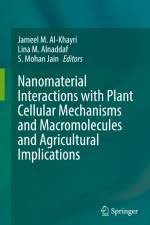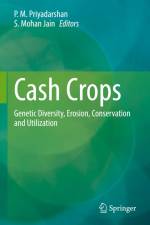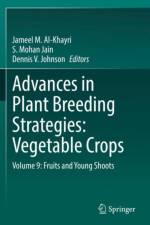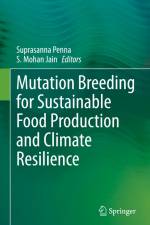av S. Mohan Jain
2 397
Cash crops are grown and sold for monetary gain and not necessarily for sustenance. They include coffee, tea, coconut, cotton, jute, groundnut, castor, linseed, cocoa, rubber, cassava, soybean, sweet potato, potato, wheat, corn and teff. While some of these crops have been improved for realizing yield potential, breeding of many of them is still in infancy. Crops that underwent rigorous breeding have eventually lost much of the diversity due to extensive cultivation with a few improved varieties and the diversity in less bred species is to be conserved. Over the past years, scholars and policy makers have become increasingly aware of the short and long-run impact of climatic factors on economic, food security, social and political outcomes . Genetic diversity, natural and induced, is much needed for the future generations to sustain food production with more climate resilient crops. In contrast, crop uniformity produced across the farm fields in the form ofimproved varieties is genetically vulnerable to biotic and abiotic stresses. Thus, it is essential and challenging to address the issue of compromising between maximizing crop yield under a given set of conditions and minimizing the risk of crop failure when conditions change. Cash crops are grown in an array of climatic conditions. Many of the world¿s poor still live in rural areas. Many are subsistence farmers, operating very small farms using very little agricultural inputs for achieving marketable outputs. Conserving the diversity of these crops and addressing all issues of crop culture through modern tools of biotechnology and genomics is a real challenge. We believe the focus of this book is to fill an unmet need of this and other grower communities by providing the necessary knowledge, albeit indirectly via the academics, to manage the risks of cash crops breeding through managing genetic diversity.






